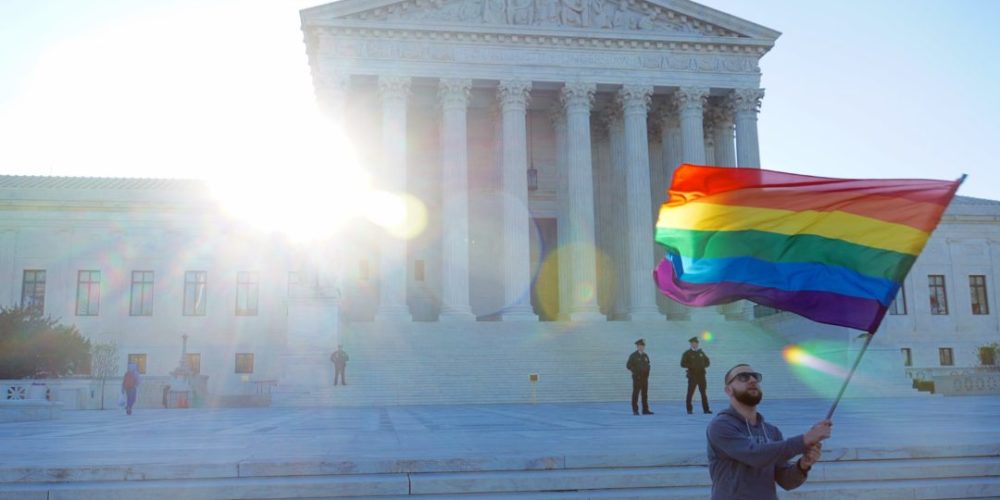On Monday, June 15, the U.S. Supreme Court issued a 6-3 decision, redefining the term “sex” in Title VII of the Civil Rights Act of 1964 – which prohibits discrimination in employment on the basis of race, color, religion, sex, or national origin – to now also include sexual orientation and gender identity.
The Supreme Court’s rewrite of the Civil Rights Act in Bostock v. Clayton County, however, has sweeping consequences not only for the constitutional balance of powers, but also for individual rights.
“Judges are tasked with interpreting the law that is, not what they think it ought to be,” says The FAMiLY Leader President and CEO Bob Vander Plaats. “And by once again stepping over their constitutional boundaries, a small group of unelected judges have rewritten laws and trampled the freedoms of all Americans.”
Supreme Court Justice Samuel Alito made the same assertion in his dissenting opinion.
“There is only one word for what the Court has done today: legislation,” wrote Alito. “A more brazen abuse of our authority to interpret statues is hard to recall.”
Despite its best intentions, Alito concluded, the Court’s job is to interpret law, not make it.
“The updating desire to which the Court succumbs no doubt arises from humane and generous impulses. Today, many Americans know individuals who are gay, lesbian, or transgender and want them to be treated with the dignity, consideration, and fairness that everyone deserves,” he writes. “But the authority of this Court is limited to saying what the law is. The Court itself recognizes this: ‘The place to make new legislation . . . lies in Congress. When it comes to statutory interpretation, our role is limited to applying the law’s demands as faithfully as we can in the cases that come before us.’ It is easy to utter such words. If only the Court would live by them.”
What’s more, Alito warned – despite Justice Gorsuch’s assurances in the majority opinion that First Amendment religious liberties “can” override employment discrimination laws and that the Religious Freedom Restoration Act (or RFRA) “might” supersede Title VII – Monday’s court ruling jeopardizes several constitutional freedoms.
“As the briefing in these cases has warned, the position that the Court now adopts will threaten freedom of religion, freedom of speech, and personal privacy and safety,” Alito writes. “No one should think that the Court’s decision represents an unalloyed victory for individual liberty.”
Alito specifically warns Monday’s ruling has the potential to:
- Force women to endure biological males in bathrooms and locker rooms,
- Pit female student athletes and even professional athletes against male competitors,
- Require faith-based schools to hire teachers or employees in open defiance of the schools’ professed doctrines on sexuality,
- Compel employers to pay for sex-reassignment surgeries,
- Threaten employers or schools that don’t conform to preferred-pronoun usage,
- And pressure employers to suppress any statements by employees expressing disapproval of same-sex relationships and sex-reassignment procedures.
While Gorsuch’s majority opinion offered some weak assurances against these kinds of cases, Alito forcefully disagreed.
“What the Court has done today – interpreting discrimination because of ‘sex’ to encompass discrimination because of sexual orientation or gender identity – is virtually certain to have far-reaching consequences,” Alito concluded. “The Court’s brusque refusal to consider the consequences of its reasoning is irresponsible.”



